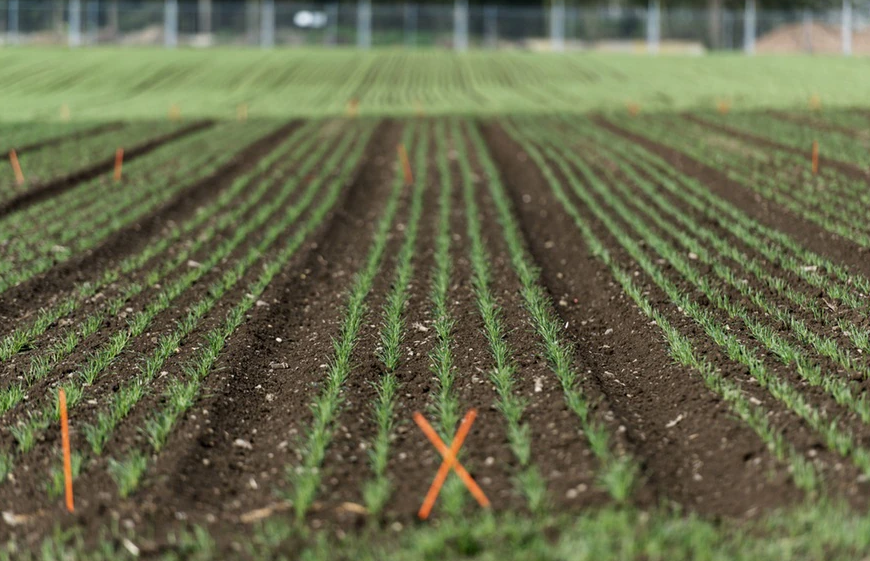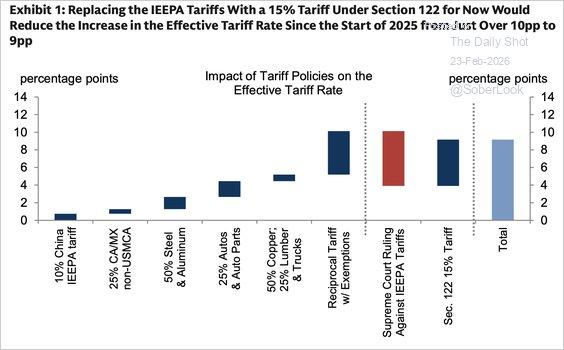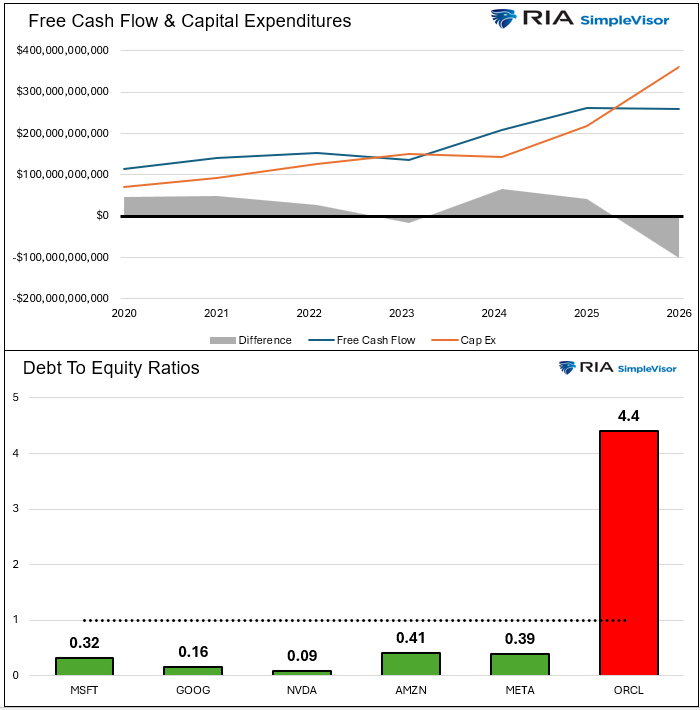
GMOs are only permitted for research purposes in Switzerland, but opposition against a moratorium appears to be weakening. © Keystone/Christian Beutler
The Swiss parliament has decided to ease restrictions on genetic engineering in agriculture, while extending in principle a moratorium for genetically modified organisms (GMOs) until 2025.
The Senate on Tuesday asked the government to propose details for the use of gene editing techniques on plants and seeds by the middle of 2024.
However, exemptions will only be allowed if they are considered an added value for agriculture, consumers and the environment compared with conventional methods.
Genome editing, or gene editing, is a type of genetic engineering in which DNA is inserted, deleted, modified or replaced in the genome of a living organism.
Tuesday’s move follows a similar decision by the other parliamentary chamber, the House of Representatives, last week.
Supporters said the new technique could be helpful to grow plants that are resistant to climate change.
Other speakers praised the decision as a compromise solution which satisfied the needs of the science community.
Opponents, notably among left-wing parties, demanded more evidence of safety before agreeing to ease restrictions.
Extended freeze
Switzerland introduced a moratorium on GMOs following a nationwide vote in 2005, allowing only exceptions for research. The freeze has been extended several times since then.
Opponents of GMOs include the country’s main farmers’ organisation as well as consumers. Supporters, notably major retailers and fruit and vegetable producers, have gained ground in recent years. They would like the law to be revised to reflect scientific and technological progress.
Full story here Are you the author? Previous post See more for Next postTags: Featured,Latest news,newsletter


































